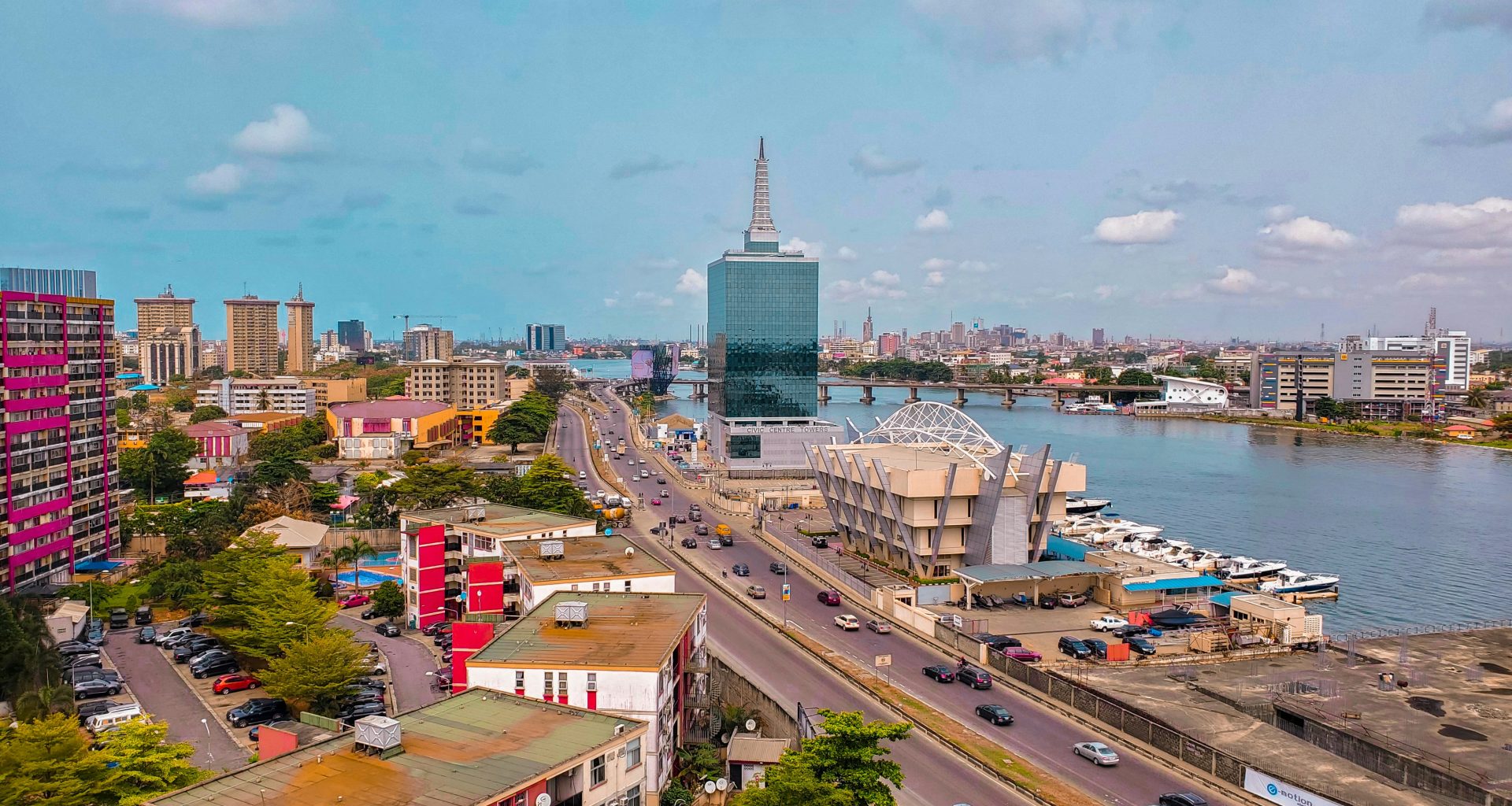The Russia-Ukraine conflict has sent shockwaves across the globe, with Nigeria, among many other nations, feeling the brunt of the impact. The Nigerian economy has been dealt a severe blow, the ripple effects of the war being resulting in a steep escalation of fuel prices.
According to statista, Nigeria was the leading producer of oil in Africa as of 2022. Oil production amounted to roughly 69 million metric tons in the country. Crude oil prices have escalated over time following the attack on Ukraine by Russia. Nigeria as an importer of refined petroleum products is bearing the brunt of the surge in the crude oil market.
The war has caused oil prices to surge to over $130 per barrel. Nigeria which relies heavily on crude oil for foreign exchange and government revenue, saw an increase in crude export revenues. However, this was offset by higher petrol subsidy costs incurred by the Nigerian National Petroleum Company. Diesel prices on the other hand, rose from about N288 per litre in January to over N800 in December.

Elvis Obaseki, an Educationist and Realtor. Photo: Elvis Obaseki
In conversation with Elvis Obaseki, an academic and realtor, he said the conflict between Ukraine and Russia has ”aggravated into a horrible war” which has had ”severe consequences” for both countries and the broader international community inclusive.
“The war in Ukraine remains a global concern with ongoing battles, humanitarian crisis and geo-political complexities. The situation continues to evolve and the international efforts are crucial to finding a resolution and alleviating the suffering of civilians caught in the crossfire,” he said.
According to him, the war between Russia and Ukraine has had a significant impact on Nigeria’s economy, although not directly. For instance, Nigeria is a major oil exporter and its economy rely heavily on oil revenue. The conflict in Ukraine has disrupted global energy market and this has led to fluctuations in oil prices. Whenever tension rises in regions with significant oil production, such as the Middle East or Eastern Europe, oil prices tend to increase. This has adverse effect on Nigeria’s oil export and revenue, this conflict has also caused global economic uncertainties, geo-political conflicts and created uncertainties financial markets worldwide. Investors definitely become cautious and capital flow may shift from emerging markets like Nigeria.

Lending her voice, Sarah Emeka, a business analyst and Nigerian in the diaspora, said the situation between Russia and Ukraine is ”complex” with ”developments occurring frequently”. She believes that significant impact has occurred in Nigerias’ economy as a result of the Russia-Ukraine war and there has been a reduction in the importation of durum wheat into Nigeria.
“In 2023, Nigeria imported wheat worth over N700 billion, down from 800 billion in 2021,” she said. “The war has caused a 50% rise in the cost of durum wheat and importers have turned to other countries; like the United States for supplies. The conflict has also skyrocketed crude oil prices, Nigeria as a country depends heavily on crude oil for foreign exchange and government revenue. This has resulted in the tremendous increase of diesel prices and has negatively affected businesses nationwide, especially manufacturers.”
The Ukraine–Russia clash is kneading trouble in Nigeria’s breadbasket. The conflict has led to a decline in the importation of durum wheat into Nigeria, with a 16% decrease in imports from January to September compared to the previous year. This has caused durum wheat to rise by 50%. The high prices of bread and noodles are attributed to the conflict in Russia and Ukraine because both countries are responsible for a substantial world grain supply.

“Nigeria is among the third world nations who import wheat from European countries, especially Ukraine and Russia. The war has affected the country because there is shortage of wheat, refined petroleum and frozen fish,” said Karo Brown, an Edo-based politician, he is of the opinion that these shortages have affected the North Eastern part of Nigeria more.
“Putting this war aside and making peace should involve a ceasefire and negotiation on Russia’s terms. I feel this will lead to an immediate ceasefire.”
“Conflicts are inevitable as it is an inherent feature of human existence, it occurs as a result of the incompatible positions between individuals and groups”, said Asenoguan Christabel. She noted that conflicts lead to war and believes conflict resolution methods such as mediations, good offices, conciliations, abitrations, judicial settlements should be used to de-escalate conflicts from turning into a full blown wars. Arms control should be considered, alongside prevention of diplomacy.








